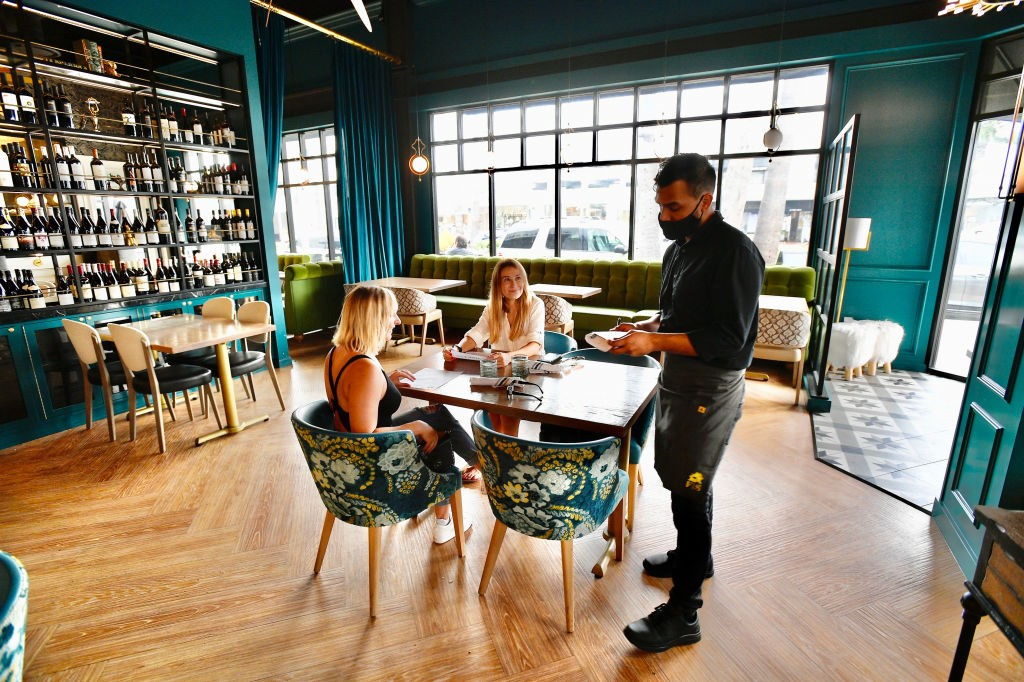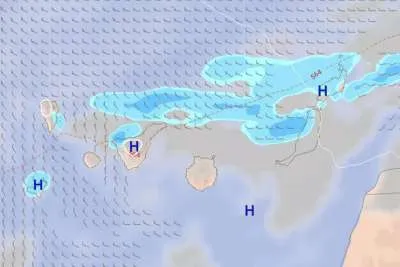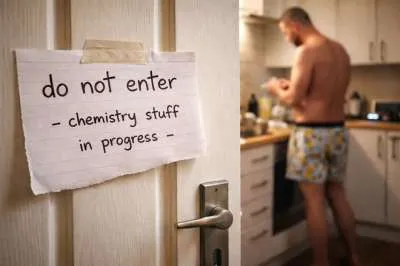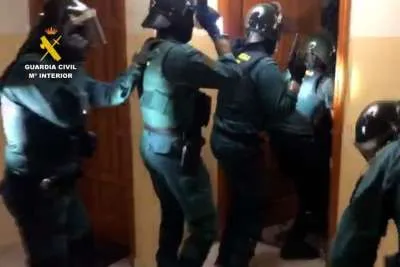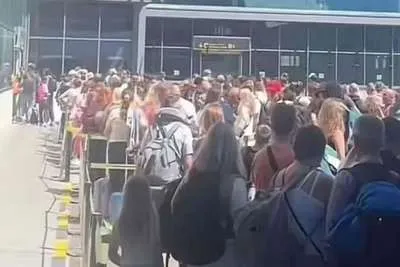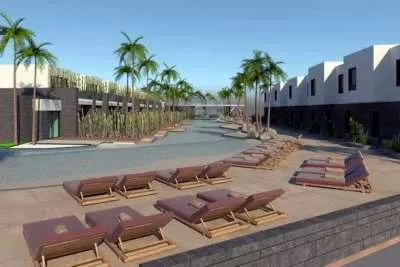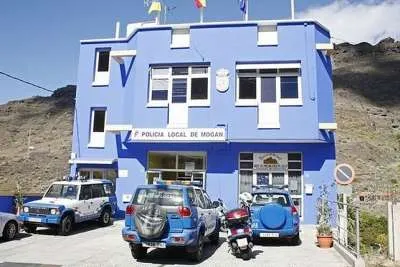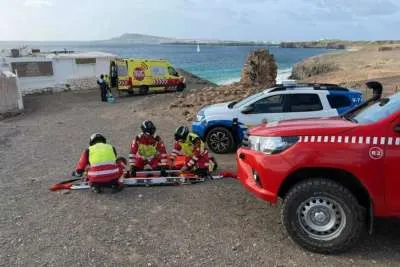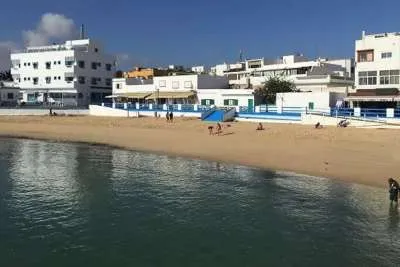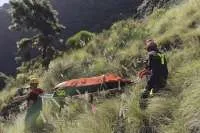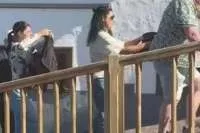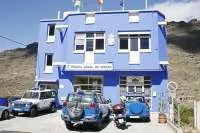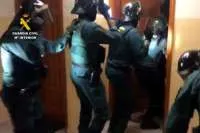Hospitality re-opens interiors in Tenerife by order of the TSJC, but for how long?
- 30-06-2021
- Business
- Canarian Weekly
Yesterday the Superior Court of Justice of the Canary Islands (TSJC) suspended the implementation of the restrictive measures of Level 3 to stop the spread of Covid-19 in Tenerife, which particularly affected the hospitality sector on the Island. Due to this, these establishments are now governed by the regulations of Level 2, which is 50% capacity indoors, with a maximum of four people per table and a maximum of two people together at the bar. Outside, there is now a 75% capacity again on the terraces and tables can have a maximum of six people. In addition, closing time will be extended until midnight.
At the beginning of this week, on Monday, the regional Government opened the door for changes to be made in the standards of each alert level for the hospitality industry, and although they clung on to one of the basic principles of the fight against the pandemic, that of infections by suspended droplets, to close the interiors of hospitality venues, there are already other communities that have established methods to control whether an enclosed space is dangerous not.
The TSJC ruling suspends with immediate effect the prohibition to use interior areas of the premises (except for the use of the toilets and the collection of food), and consumption at the bar. The limitation of 50% of capacity on terraces is also lifted and the maximum occupancy per table or group of tables is increased to six, which was established as only four people outside in Level 3 previously. All other regulations regarding distancing, sanitising, masks for clients and staff still apply.
With a very precautionary nature and, therefore, without giving a hearing to the defendant, the Second Section of the Administrative Litigation Chamber of the Santa Cruz de Tenerife TSJC states that, in principle, neither the closure of the hospitality establishments nor the limitation of the capacity on the terraces "has been shown as the cause of the contagion problem nor are they expected to be the solution."
The TSJC upheld the requests of the Federation of Urban Areas of the Canary Islands (Facua) and the Association of Leisure and Restoration Entrepreneurs (AERO), and a contentious administrative appeal against the agreement of the Government of the Canary Islands on June 23rd, suspending the prevention measures established by the Canarian Government in that meeting in reference to the island of Tenerife, specifically, the closure of the interior of their establishments and the limitation to 50% of the capacity on the terraces.
According to the ruling of the TSJC, “there is no evidence” that the evolution of the pandemic is “being caused by the economic activity carried out in the catering and hotel industry”, which is why it considers that the restrictions adopted at Level 3 “are far from envisaged as the solutions to a situation that is not dramatic for the healthcare pressure, but that does constitute a whole drama for the catering and hospitality sector”.
The Government and hospitality sector representatives are meeting again today to formulate a definitive agreement for the regulations regarding bars and restaurants, that are more stable and don’t involve opening and closing at ‘the drop of the hat’. If no agreement can be reached, the Government have three days to appeal to the TSJC or the Level 2 restrictions will stay in force.
Other articles that may interest you...
Trending
Most Read Articles
Featured Videos
TributoFest: Michael Buble promo 14.02.2026
- 30-01-2026
TEAs 2025 Highlights
- 17-11-2025


